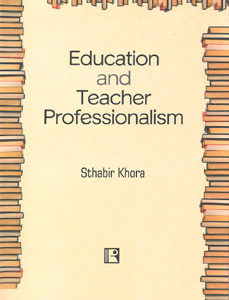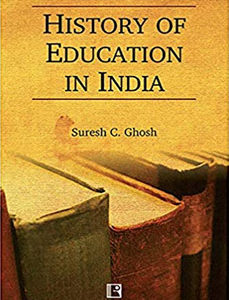MODERNIZATION AND DALIT EDUCATION: Ambedkar’s Vision
₹895.00 Original price was: ₹895.00.₹694.00Current price is: ₹694.00.
25 in stock
Modernization in India was initiated by the East India Company through its educational policy. There were three modernist projects in operation in education when the British left the country. Baba Saheb Ambedkar, like his contemporaries M.N. Roy, Nehru, Lohia and others, developed his own vision of people’s education movement. Following his spiritual guru Mahatma Phuley, Ambedkar also asserted that the British education did not help the dalits. He spent major part of his life as a student, scholar, teacher and builder of educational institutions. In this process he elaborated his ideas on modernization, education and development.
This volume is devoted to study the major contributions of Ambedkar to education, theory of dalit development and the need for industrialization. The natural corollary of modernization in India includes, according to Ambedkar, translation of democratic values not only in social life but in economic life too through the promotion of public sector. Education should provide the necessary skills and opportunities to enter into modern industrial sector and also administration. The book also examines the Ambedkar’s ideas about contemporary educational problems of dalits such as equality of opportunity and quality in education, empowerment of dalits through education and marginalization of dalits in emerging areas of study in higher education. The volume concludes with a retort that development in general, and emancipation of dalits in particular, is possible only through parliamentary democracy.
| Author's Name | |
|---|---|
| Binding | |
| Release Year | |
| Language | |
| Publisher |
Related products
Education
Education
Education











